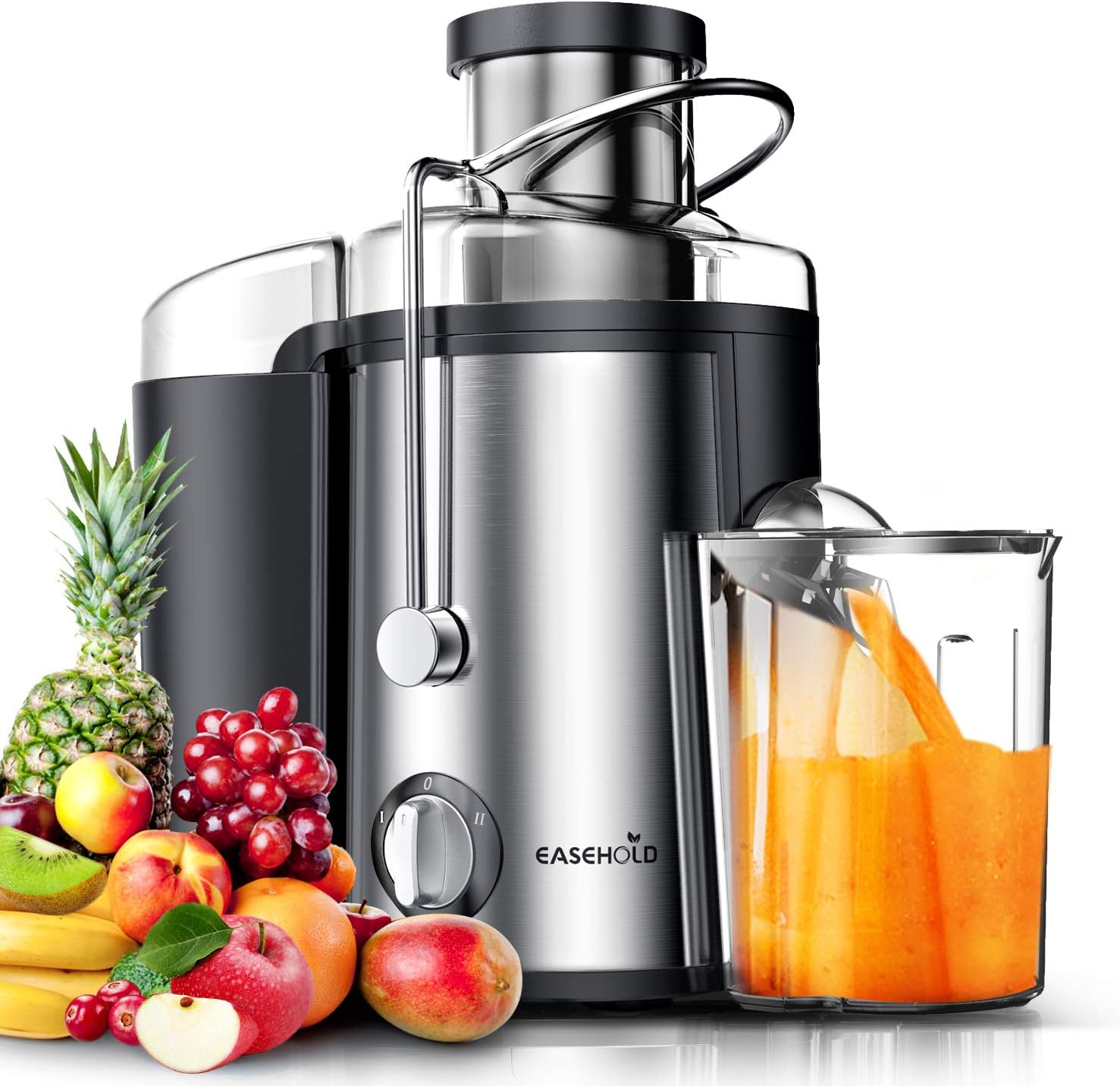

Articles
How Long Can You Store Juice From Juicer
Modified: October 20, 2024
Discover how long you can store juice from a juicer with insightful articles on proper storage methods, maximizing freshness, and extending shelf life.
(Many of the links in this article redirect to a specific reviewed product. Your purchase of these products through affiliate links helps to generate commission for Storables.com, at no extra cost. Learn more)
Introduction
When it comes to enjoying the benefits of fresh juice, many people prefer to make their own using a juicer. Whether it’s a delicious orange juice in the morning or a refreshing green juice as an afternoon pick-me-up, fresh juice can be a nutritious and flavorful addition to your daily routine. However, one question that often arises is how long can you store juice from a juicer?
The shelf life of fresh juice can vary depending on several factors, including the type of juice, proper storage techniques, and signs of spoilage. Understanding these factors is essential to ensure that you can safely consume your homemade juice and avoid any potential health risks.
In this article, we will explore the different factors that affect the shelf life of fresh juice, the types of juices and their storage durations, proper storage techniques for fresh juice, signs of spoiled juice, and tips for extending the storage life of your juice.
So, if you’re curious about how long you can store juice from a juicer and want to learn how to keep your homemade juice fresh and delicious for as long as possible, let’s dive right in!
Key Takeaways:
- Fresh juice shelf life varies by type, quality, and storage. Citrus lasts 2-3 days, while cold-pressed can go up to 5 days. Proper storage and hygiene are crucial for maximizing freshness.
- To extend juice shelf life, use high-quality produce, airtight containers, and refrigeration. Consume within recommended timeframes or consider freezing for longer storage. Trust your senses to identify spoilage.
Read more: How Long Does Juice From Juicer Last
Factors Affecting the Shelf Life of Fresh Juice
The shelf life of fresh juice can be influenced by various factors that can impact its quality and safety. Understanding these factors is crucial for maintaining the freshness and nutritional integrity of your juice. Here are the key factors that can affect the shelf life of fresh juice:
- Type of Juice: Different types of juice have varying shelf lives. Citrus juices, like orange or grapefruit juice, tend to have a shorter shelf life compared to vegetable-based juices or cold-pressed juices. This is because citrus juices have higher acidity levels, which can lead to faster spoilage.
- Fruit and Vegetable Quality: The quality of the fruits and vegetables used to make the juice plays a significant role in determining its shelf life. Using fresh, ripe produce that is free from any blemishes or signs of decay will result in a longer-lasting juice.
- Temperature: The temperature at which the juice is stored can greatly impact its shelf life. Storing juice at room temperature can accelerate the growth of bacteria, yeast, and mold, leading to spoilage. It is recommended to store fresh juice in the refrigerator to maintain its freshness for a longer period.
- Oxygen Exposure: Exposure to oxygen can cause oxidation, which can adversely affect the quality of the juice. Oxygen can lead to the loss of nutrients, changes in flavor, and the growth of harmful bacteria. To prevent this, it is advisable to store juice in airtight containers or bottles to minimize oxygen exposure.
- Light Exposure: Light, particularly sunlight, can degrade the quality of fresh juice over time. It can lead to vitamin loss, changes in color and taste, and the breakdown of beneficial enzymes. Storing juice in opaque or dark-colored containers can help protect it from light exposure.
- Hygiene and Contamination: Proper hygiene practices during the juicing process are vital to prevent bacterial contamination. Ensure that your juicer, cutting boards, and utensils are clean before preparing the juice. Additionally, avoid using your hands to extract juice as they can introduce bacteria and compromise the shelf life.
By being mindful of these factors and taking the necessary precautions, you can significantly extend the shelf life of your fresh juice and enjoy it safely.
Types of Juices and Their Storage Duration
The storage duration of fresh juice varies depending on the type of juice. Some juices have a longer shelf life, while others are best consumed within a shorter period. Here are some common types of juices and their respective storage durations:
- Citrus Juices: Citrus juices, such as orange, lemon, and grapefruit juice, are highly acidic and contain natural preservatives like citric acid. As a result, they can be stored for around 2-3 days when refrigerated. However, to enjoy the best flavor and nutritional value, it’s recommended to consume citrus juices within 24 hours of juicing.
- Vegetable Juices: Vegetable juices, like carrot, beet, or spinach juice, can have a slightly longer shelf life compared to citrus juices. They can typically be stored in the refrigerator for 3-4 days without significant loss of quality. However, it’s important to note that vegetable juices may separate over time, so give them a good shake before consuming.
- Cold-Pressed Juices: Cold-pressed juices have gained popularity due to their higher nutrient content and longer shelf life. These juices are made using a hydraulic press that extracts juice without generating heat, preserving the enzymes and nutrients. Cold-pressed juices can be stored in the refrigerator for 3-5 days, although the exact shelf life can vary depending on the specific ingredients used.
- Green Juices: Green juices, often made with leafy greens like kale, spinach, or Swiss chard, are packed with antioxidants and vitamins. These juices are best consumed within 2-3 days to ensure optimal freshness and nutritional benefits.
- Homemade Juices: If you create your own unique juice blends or experiment with different combinations of fruits and vegetables, the storage duration can vary. It’s best to consume homemade juices within 2-4 days to maintain flavor and quality.
Remember, these storage durations are general guidelines and can vary based on factors such as temperature, hygiene practices, and the overall quality of the juice. Always trust your senses and discard any juice that shows signs of spoilage, such as an off smell, strange color, or taste.
Now that you know the different types of juices and their typical storage durations, let’s explore some effective techniques for properly storing fresh juice to maximize its shelf life.
Proper Storage Techniques for Fresh Juice
To ensure that your fresh juice stays as fresh and delicious as possible, it’s important to follow proper storage techniques. Here are some key tips to help you store your juice effectively:
- Refrigeration: Storing fresh juice in the refrigerator is essential for maintaining its freshness and slowing down the growth of bacteria. Immediately transfer your juice to a clean, airtight container or bottle and place it in the refrigerator. Keep the temperature between 35°F and 40°F (2°C – 4°C) to extend the shelf life.
- Airtight Containers: Oxygen exposure can lead to oxidation and deterioration of the quality of the juice. Store your fresh juice in airtight containers or bottles to minimize the contact with oxygen. This will help preserve the flavors, nutrients, and color of the juice.
- Opaque Containers: Light exposure can degrade the quality of fresh juice. Opt for opaque or dark-colored containers that can block out light. This will help prevent vitamin loss and maintain the freshness of the juice for a longer time.
- Sealing Properly: Ensure that the lids or caps of the containers are tightly sealed to prevent air from entering. This will further minimize oxidation and keep your juice fresh. Check for any leaks or loose seals before storing the juice.
- Separation: Some fresh juices may separate when stored, with sediment settling at the bottom. Before consuming, give the juice a gentle shake to mix the settled particles back into the juice. This will help ensure a consistent taste and nutritional content.
- Labeling and Date: To keep track of the storage duration, label the containers with the name of the juice and the date it was prepared. This will help you determine how long the juice has been stored and when it’s time to consume it or discard it.
By following these proper storage techniques, you can maintain the freshness and quality of your juice for an extended period. However, it’s important to note that even with proper storage, fresh juice is best consumed within a certain timeframe to maximize its nutritional benefits.
Now that we’ve explored the storage techniques, let’s discuss the signs that indicate your juice may have spoiled and when it’s time to discard it.
Store fresh juice from a juicer in an airtight container in the refrigerator for up to 24-48 hours. After this time, the juice may start to lose its nutritional value and freshness.
Signs of Spoiled Juice and When to Discard
While proper storage techniques can help extend the shelf life of fresh juice, it’s important to be aware of signs that indicate the juice may have spoiled. Here are some common signs to look out for:
- Off Odor: If your fresh juice has an unpleasant or foul odor, it is likely a sign of spoilage. Bacteria or yeast growth can cause the juice to emit an off smell. Trust your sense of smell and if the juice doesn’t smell fresh, it’s best to discard it.
- Unusual Color or Texture: If the color of your juice has significantly changed or it has developed an unusual texture, it’s a clear indication of spoilage. The juice may appear darker, cloudy, or have visible molds or particles floating in it. In such cases, it’s safer to discard the juice.
- Fermentation or Bubbling: If you notice bubbling, fizzing, or signs of fermentation in your juice, it’s a strong indication that harmful bacteria or yeast have grown within the juice. This can pose health risks, and it’s best to avoid consuming such juice.
- Off Taste: Taste is another important factor in determining the freshness of juice. If the juice tastes sour, rancid, or has an unpleasant flavor, it’s a sign that spoilage has occurred. Discard the juice to prevent any gastrointestinal issues.
- Mold Growth: Visible mold growth on the surface of the juice or inside the container is a clear indication of spoilage. Mold can release toxins that can be harmful if consumed. If you spot any mold, it’s crucial to discard the juice immediately.
It’s essential to remember that consuming spoiled juice can lead to foodborne illnesses and other health issues. Therefore, if you observe any of the signs mentioned above, it’s better to err on the side of caution and dispose of the juice.
Now that you know how to identify spoiled juice, let’s explore some handy tips for extending the storage life of your fresh juice.
Read more: How To Juice Wheatgrass With A Juicer
Tips for Extending the Storage Life of Juice
If you want to maximize the storage life of your fresh juice and ensure it stays fresh and nutritious for as long as possible, here are some helpful tips to follow:
- Choose Fresh, High-Quality Produce: Start with fresh, high-quality fruits and vegetables to make your juice. Opt for organic options if possible, as they tend to have fewer preservatives and pesticides. The better the quality of the produce, the longer your juice will stay fresh.
- Handle with Clean Hands and Utensils: Ensure that your hands, cutting boards, and utensils are clean before juicing. Dirty hands or surfaces can introduce bacteria and affect the shelf life of the juice. Use food-grade gloves or tongs to handle produce if desired.
- Juice Right Before Consumption: To enjoy the freshest juice, consider juicing right before you plan to drink it. The longer the juice sits, the more it is exposed to air and the chances of spoilage increase.
- Use Airtight Containers: Store your fresh juice in airtight containers or bottles to limit oxygen exposure. This will help maintain the quality, flavor, and nutritional content of the juice while minimizing the risk of oxidation.
- Keep Refrigerated: Refrigerate your fresh juice as quickly as possible after juicing. Set your refrigerator temperature between 35°F and 40°F (2°C – 4°C) to slow down bacterial growth and maintain freshness. Avoid leaving juice at room temperature for an extended period.
- Consume Within the Appropriate Timeframe: Be mindful of the recommended storage durations for different types of juices. Citrus juices are best consumed within 2-3 days, while vegetable juices or cold-pressed juices may last 3-5 days. Consume your juice within these timeframes to ensure optimal freshness and taste.
- Freeze for Longer Storage: If you want to extend the storage life of your juice beyond the recommended timeframe, consider freezing it. Transfer the juice to freezer-safe containers or ice cube trays to freeze. Frozen juice can last for several months, but be aware that the texture may slightly change upon thawing.
- Thaw Properly: When thawing frozen juice, place it in the refrigerator overnight rather than microwaving or heating it directly. Slow thawing in the refrigerator helps maintain the flavor and nutritional integrity of the juice.
By following these tips, you can significantly extend the storage life of your fresh juice and continue to enjoy its benefits for a longer duration. However, always use your discretion and trust your senses when determining if the juice is still safe to consume.
Now that you have a better understanding of how to store fresh juice and extend its shelf life, you can confidently prepare and enjoy your homemade juice without worrying about it going bad too quickly.
Conclusion
Freshly made juice can be a delicious and nutritious addition to your daily routine. By understanding the factors that affect the shelf life of juice, implementing proper storage techniques, and knowing when to discard spoiled juice, you can maximize the freshness and safety of your homemade juices.
Factors such as the type of juice, fruit and vegetable quality, temperature, oxygen exposure, light exposure, and hygiene practices can all impact the shelf life of fresh juice. By paying attention to these factors, you can ensure that your juice stays fresh and flavorful for longer.
It’s important to store fresh juice in airtight, opaque containers and refrigerate it promptly to prevent the growth of harmful bacteria. Regularly check for signs of spoilage, such as off odors, unusual color or texture, fermentation, or mold growth. If any of these signs are present, it’s best to discard the juice to avoid any health risks.
To extend the storage life of your fresh juice, choose high-quality produce, handle ingredients with clean hands and utensils, and consider juicing right before consumption. Use airtight containers, refrigerate at the appropriate temperature, and consume the juice within the recommended storage durations. Freezing is also an option for longer-term storage.
By following these guidelines, you can ensure that your fresh juice remains safe, flavorful, and filled with beneficial nutrients for as long as possible.
So go ahead and enjoy your homemade juice with the confidence that it will stay fresh and delicious!
Frequently Asked Questions about How Long Can You Store Juice From Juicer
Was this page helpful?
At Storables.com, we guarantee accurate and reliable information. Our content, validated by Expert Board Contributors, is crafted following stringent Editorial Policies. We're committed to providing you with well-researched, expert-backed insights for all your informational needs.
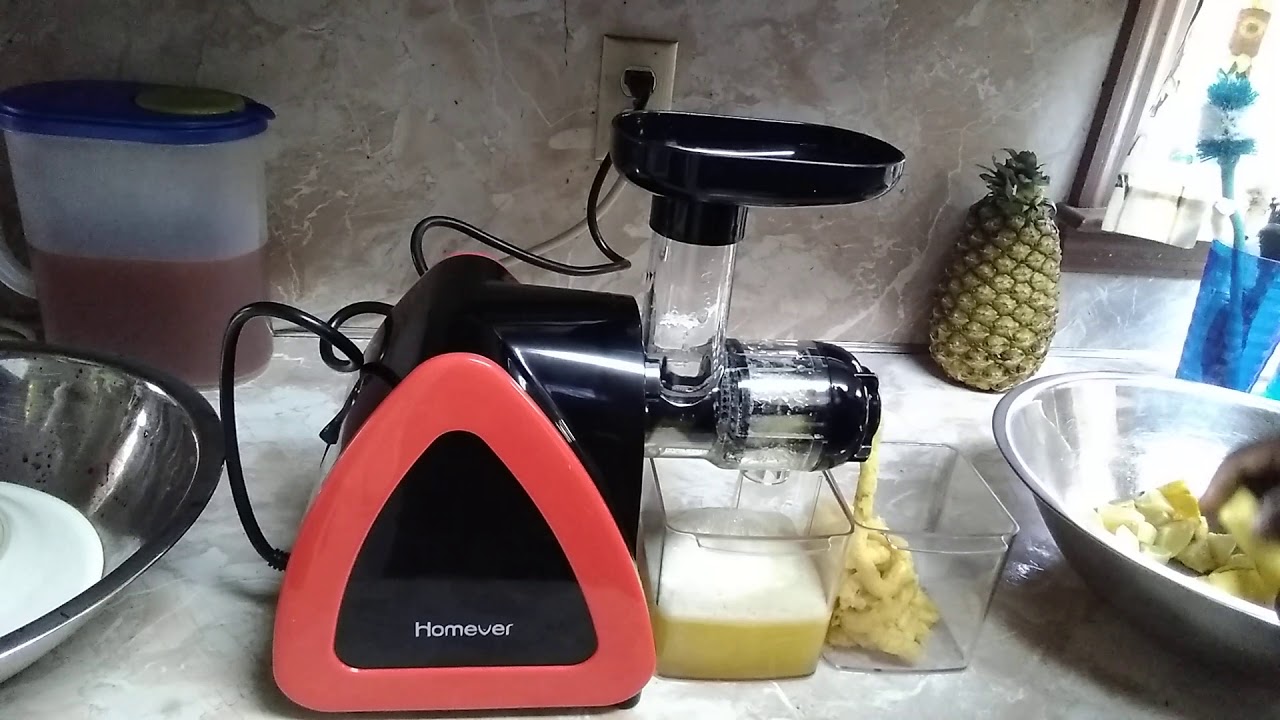
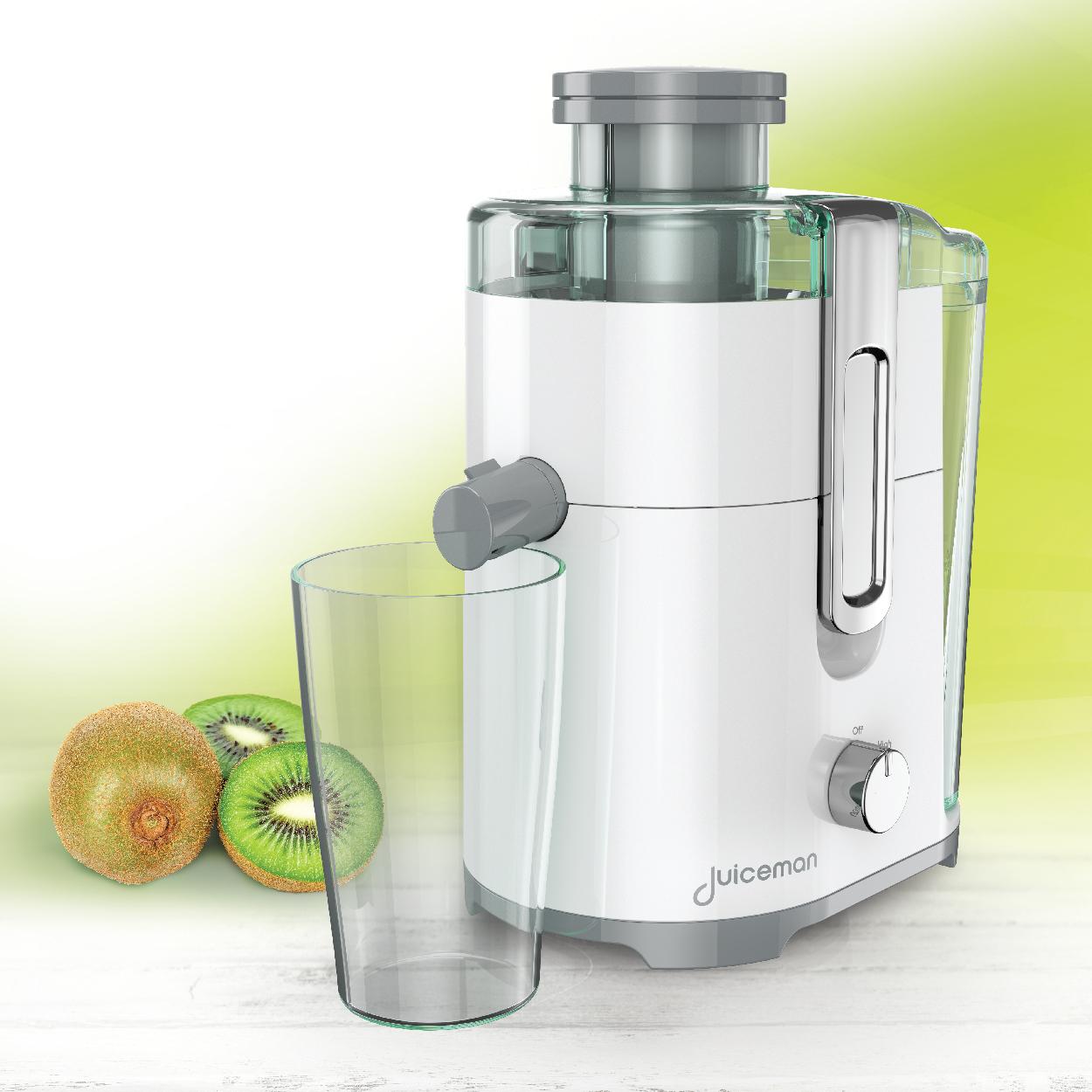
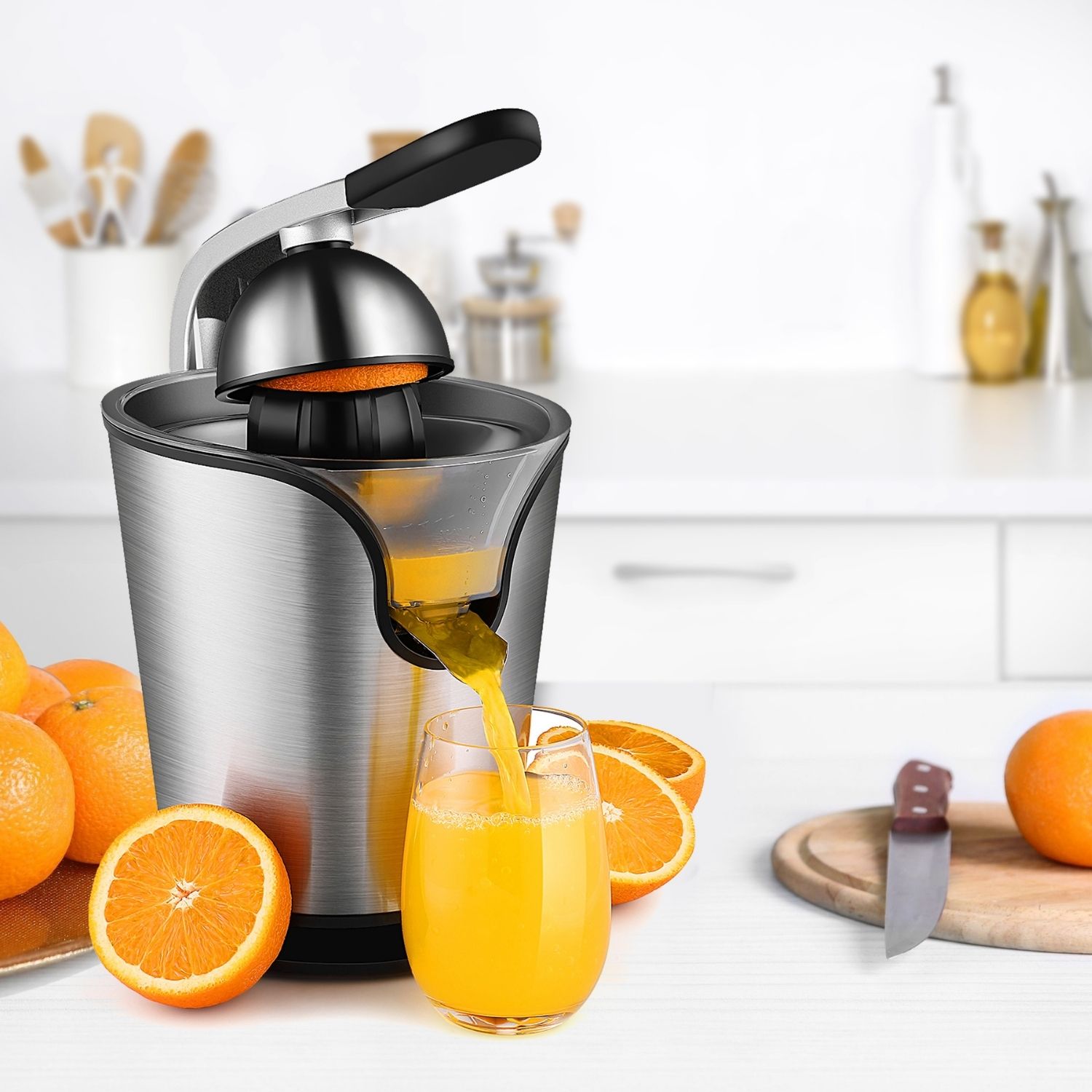

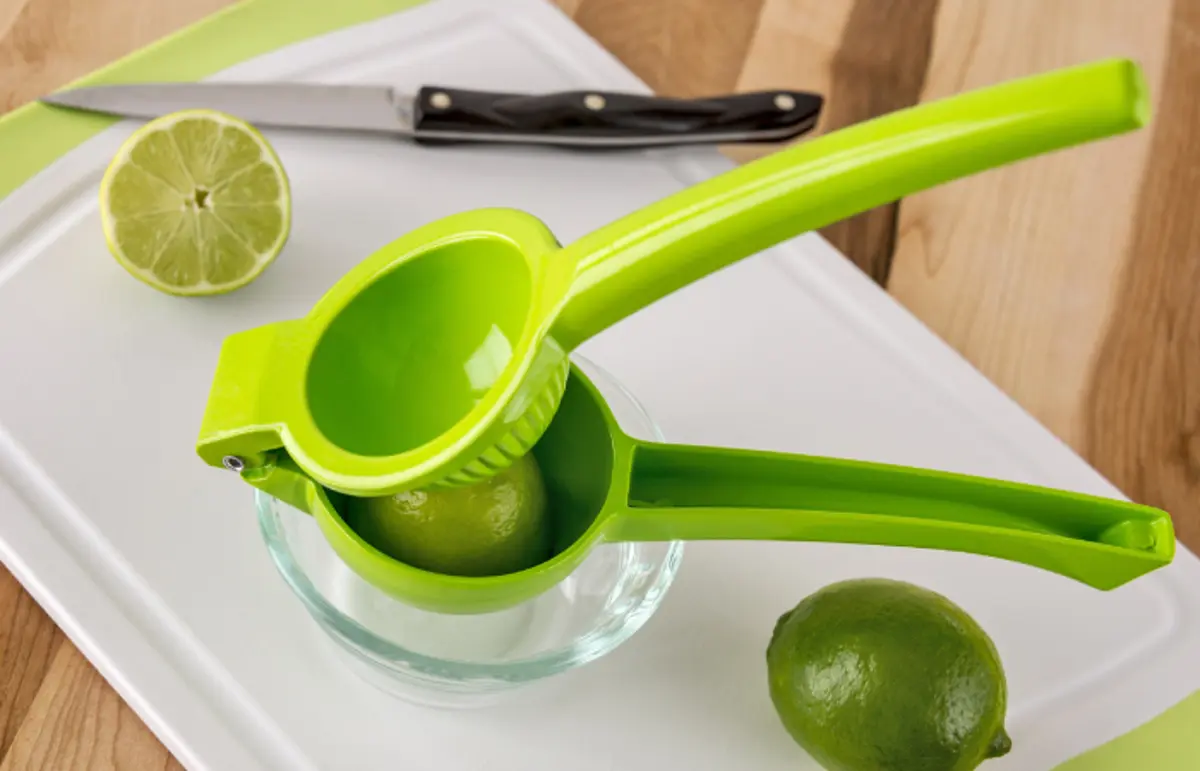
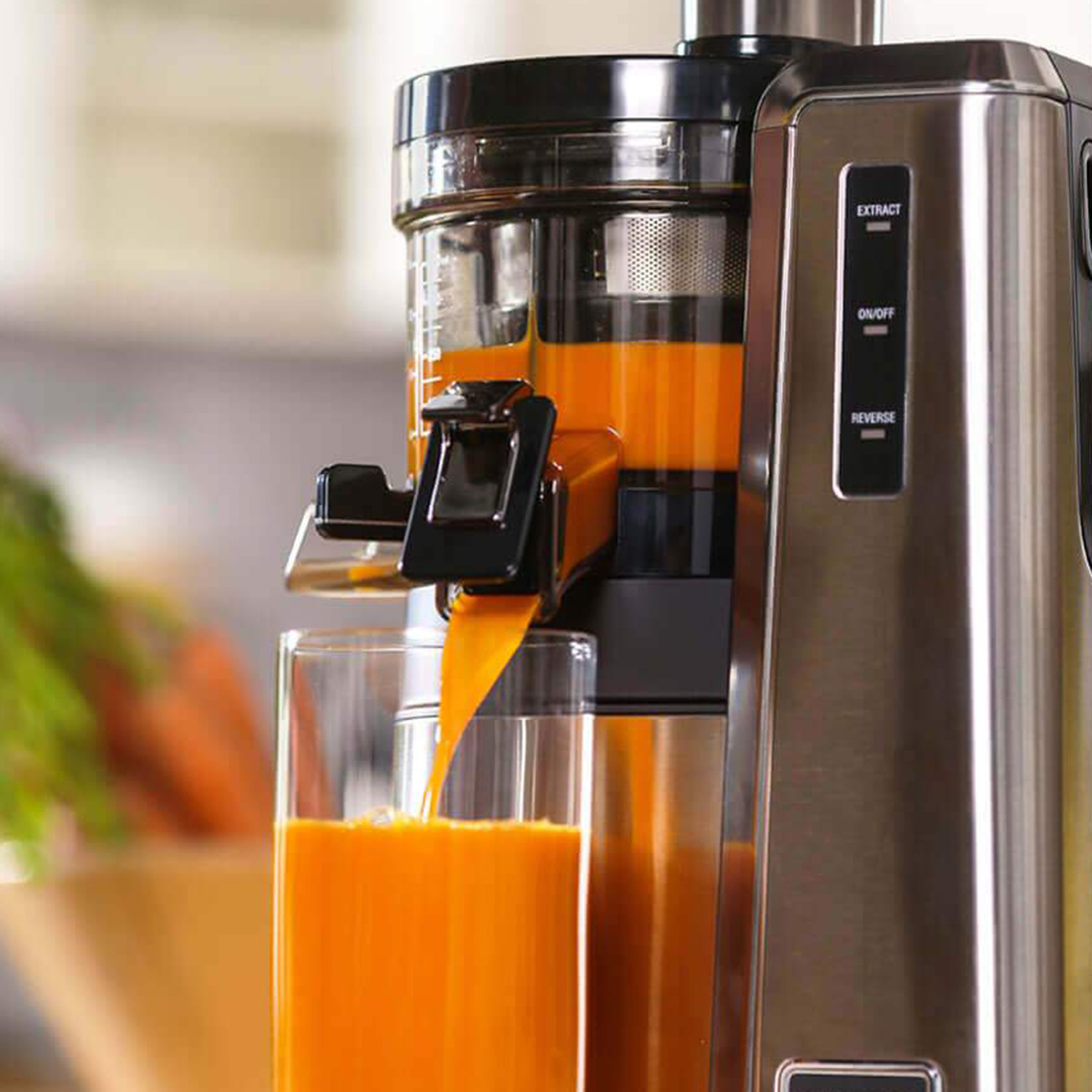
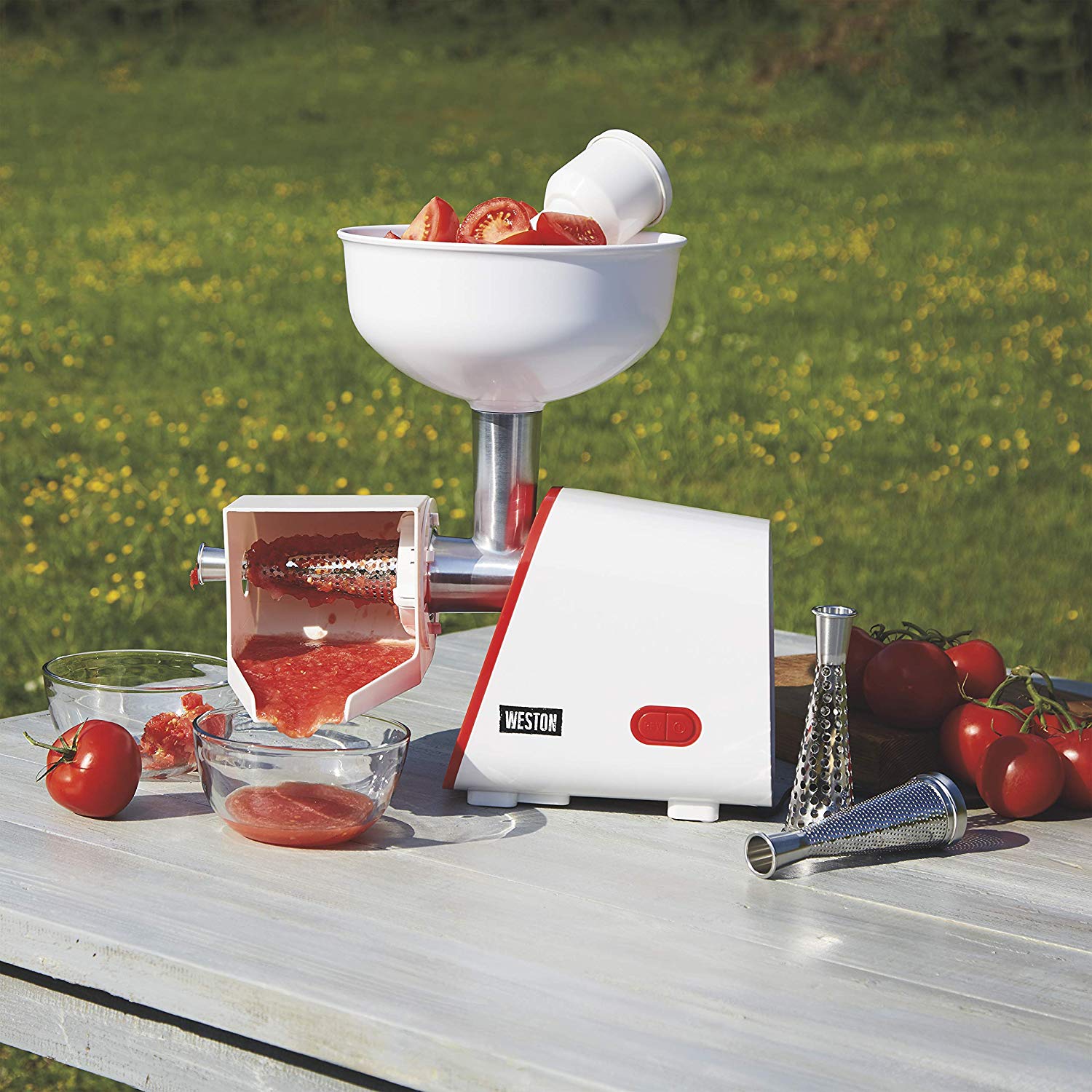
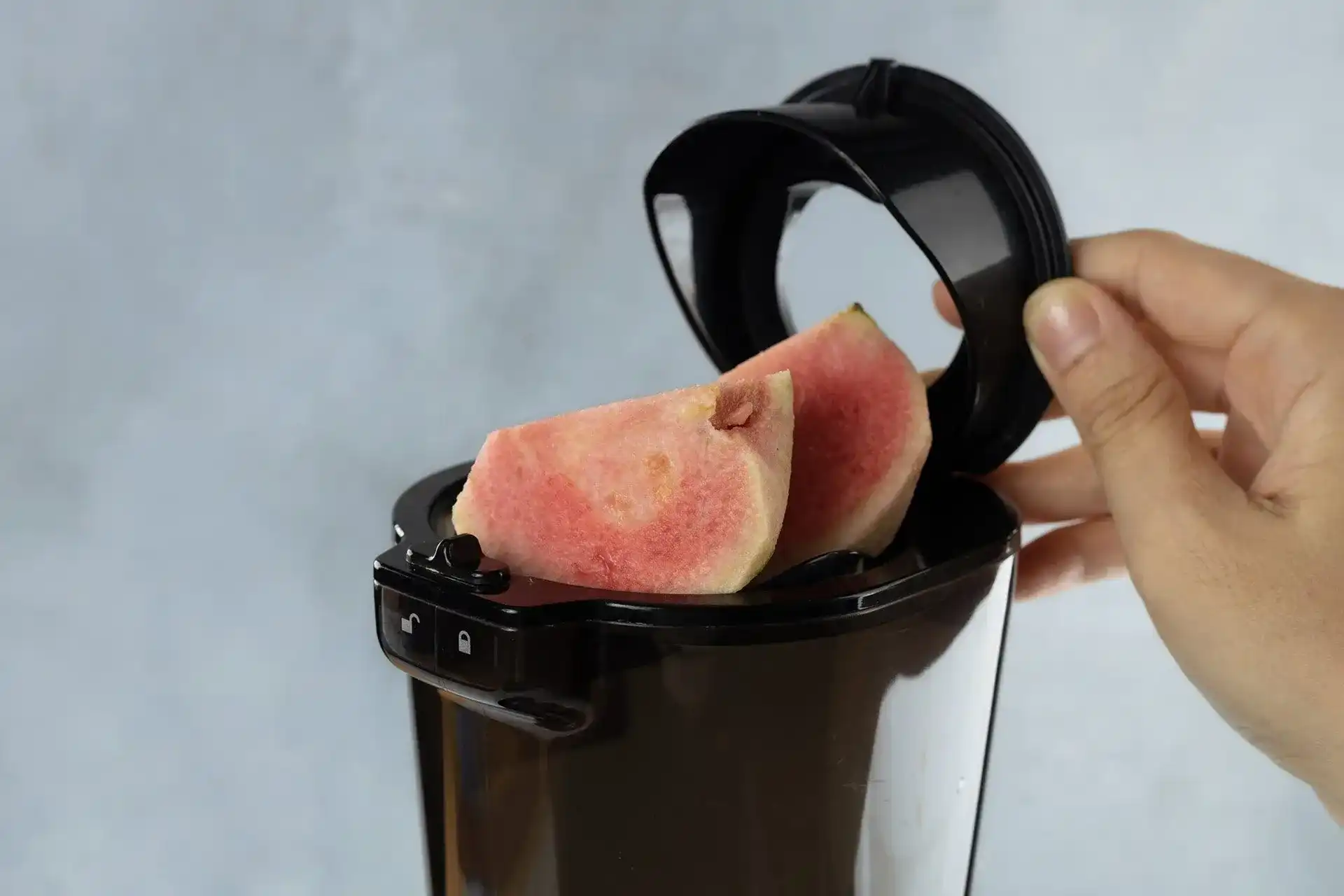
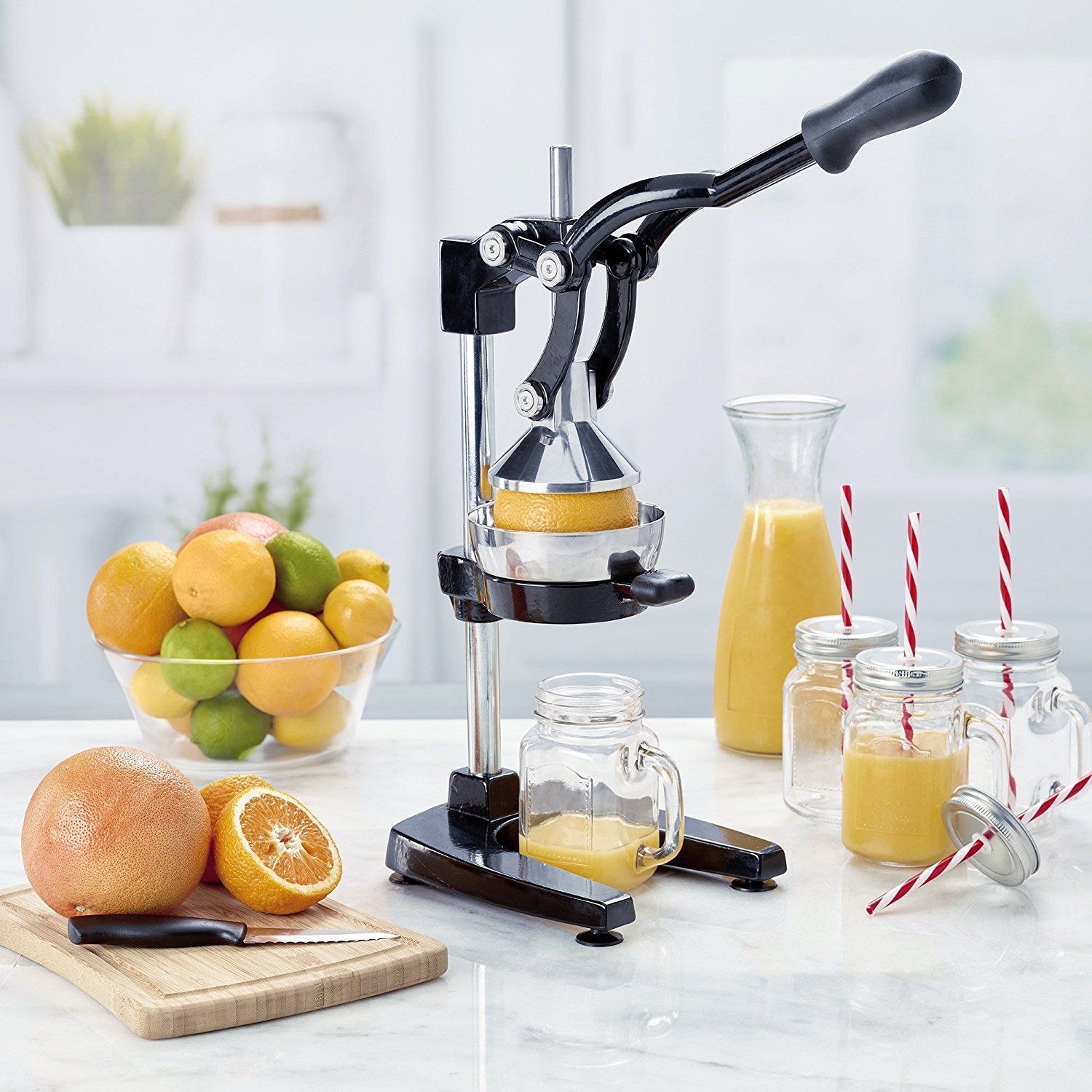
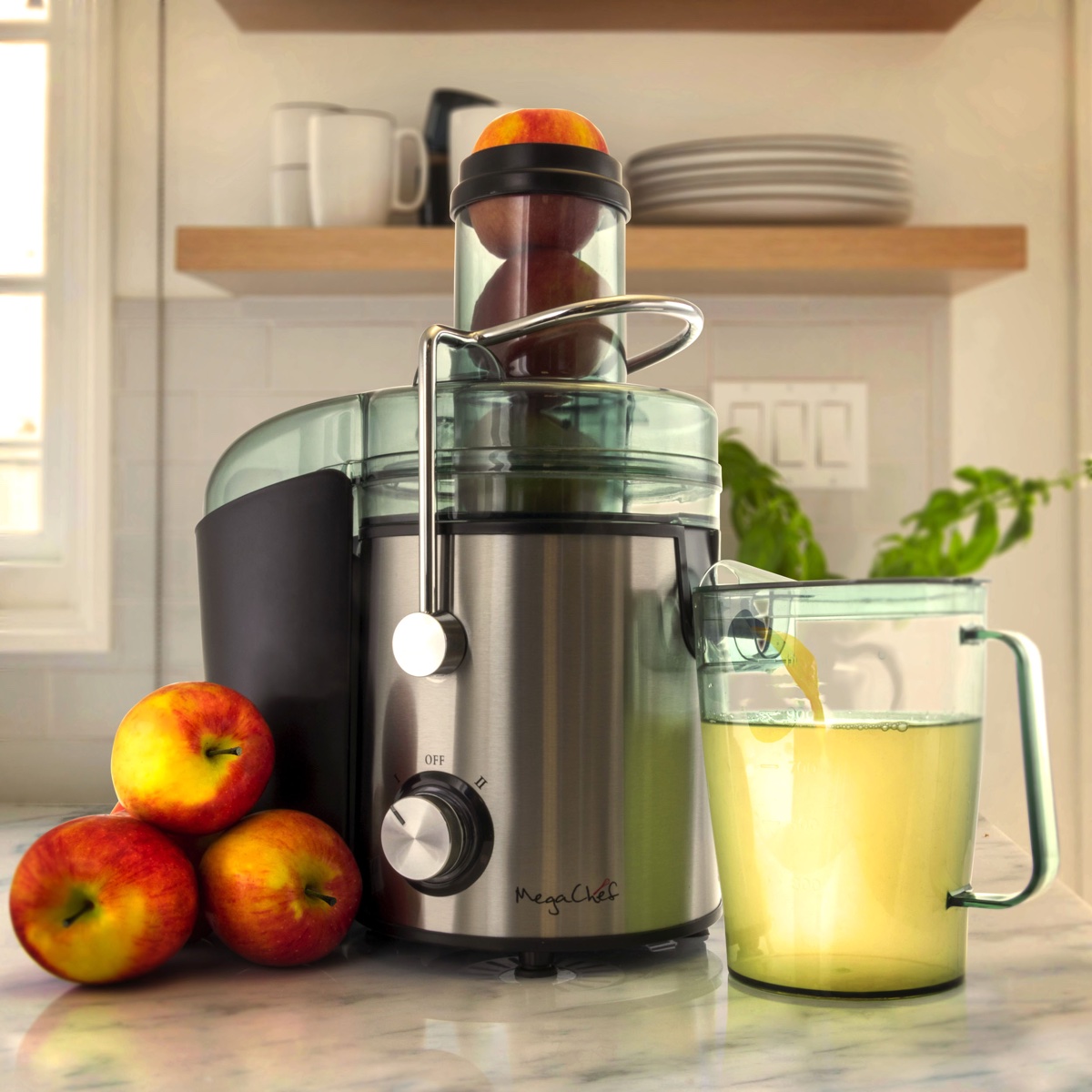
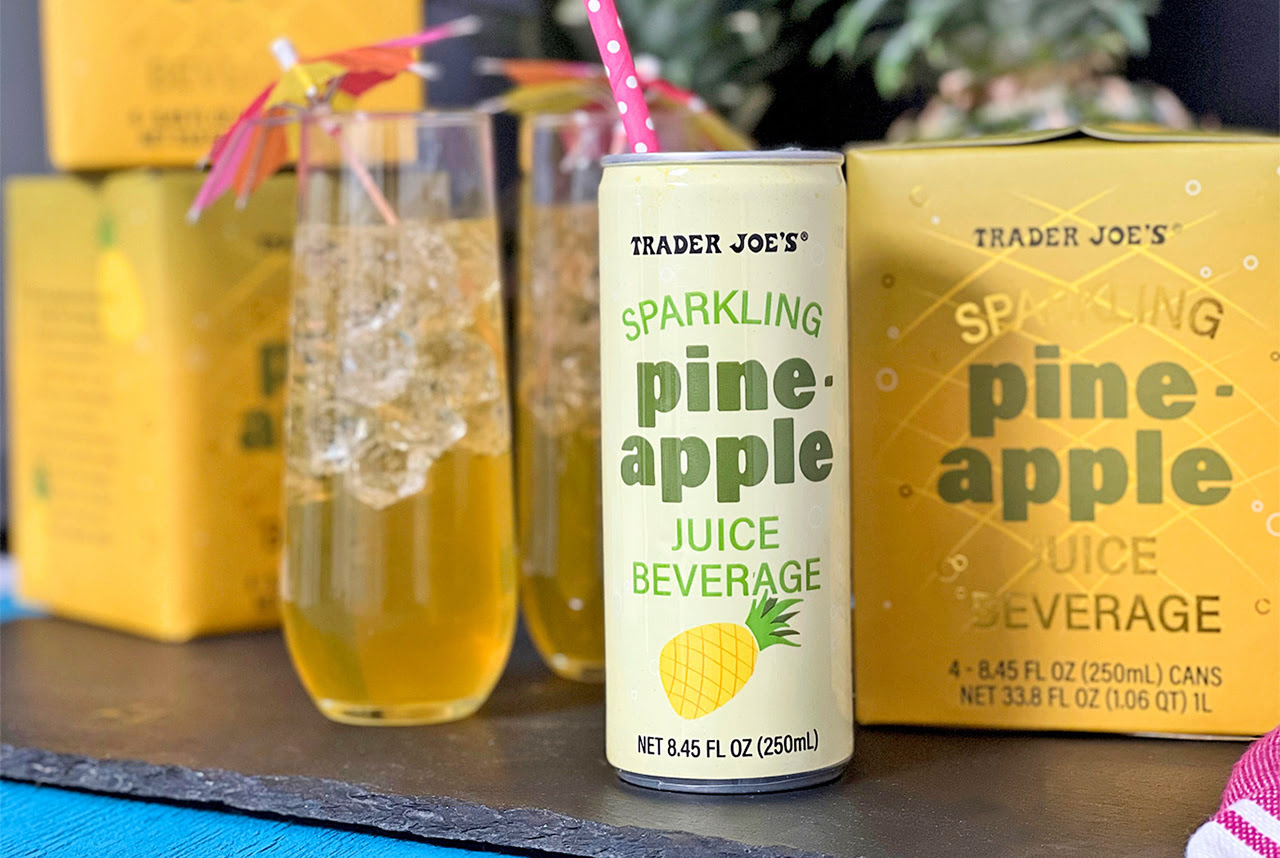
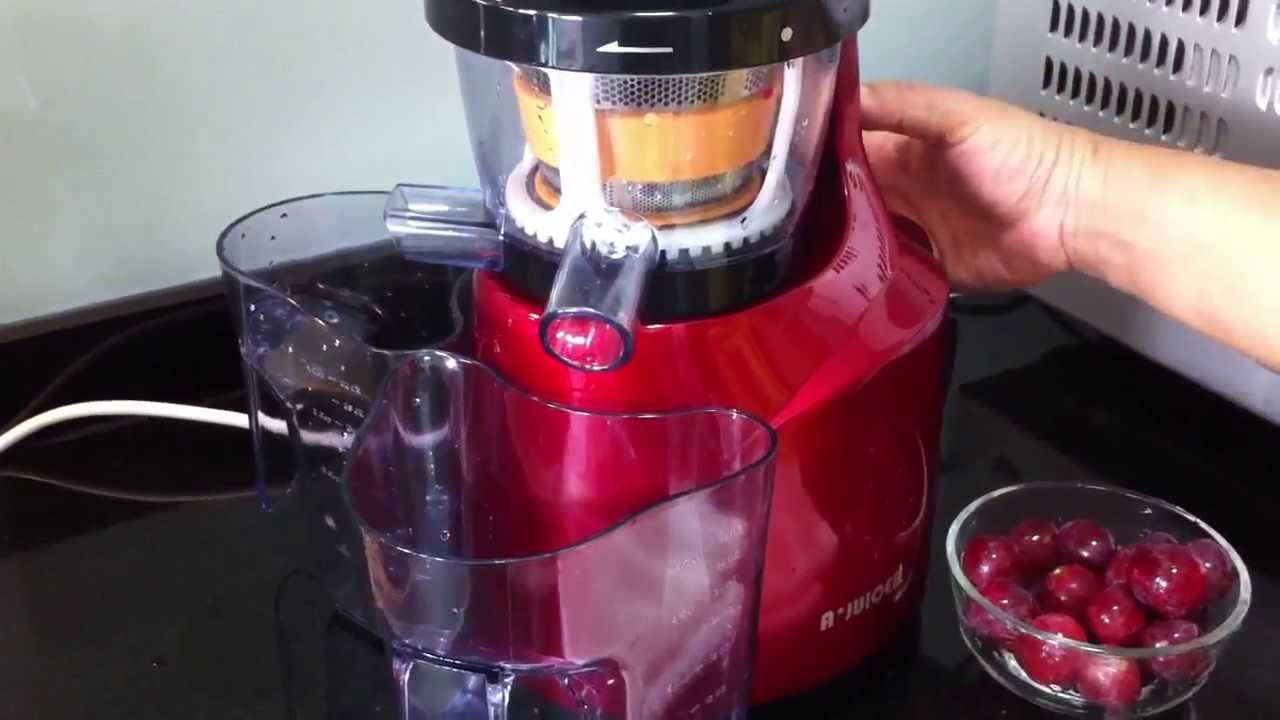
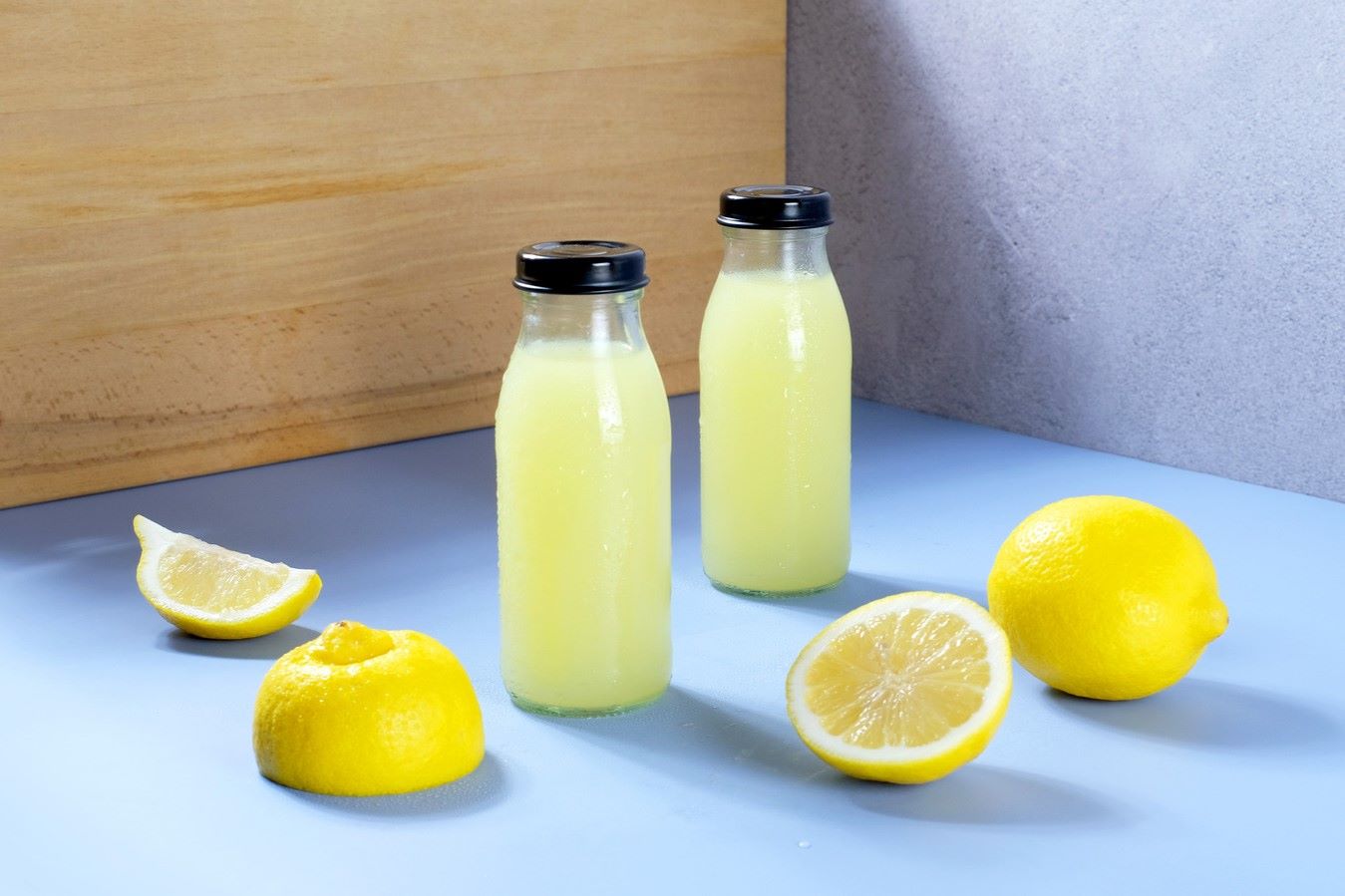
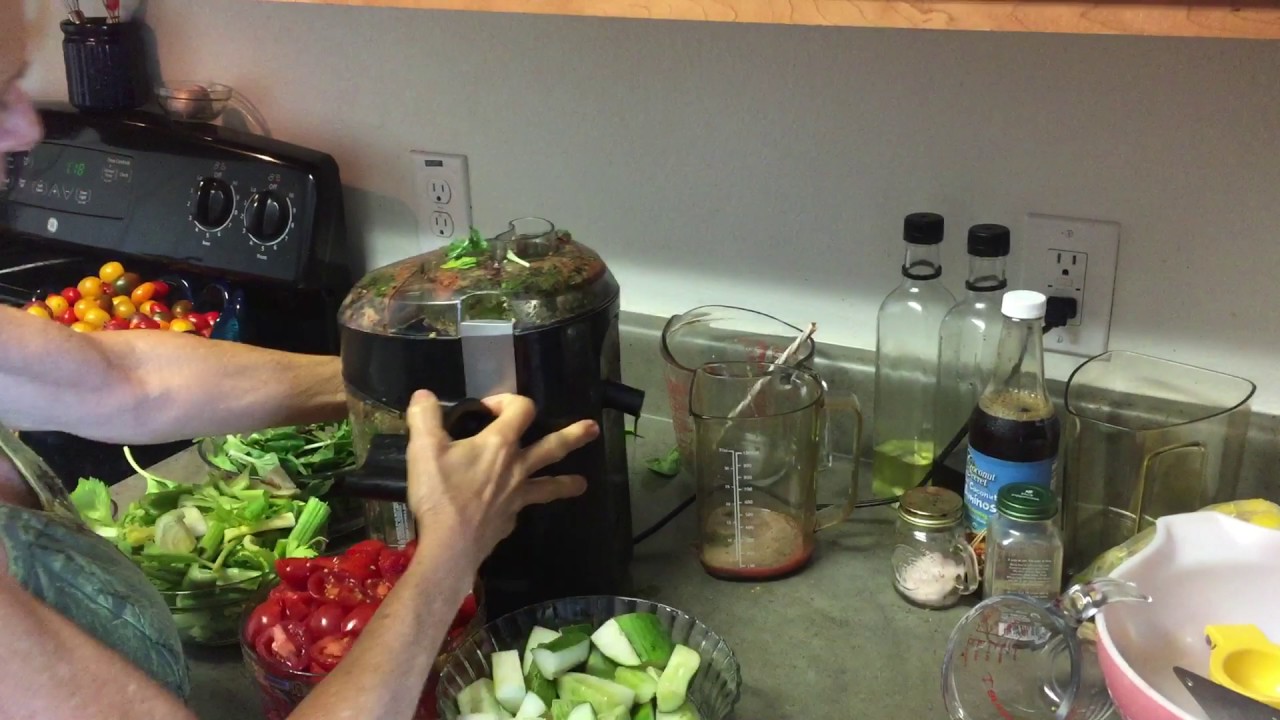

0 thoughts on “How Long Can You Store Juice From Juicer”